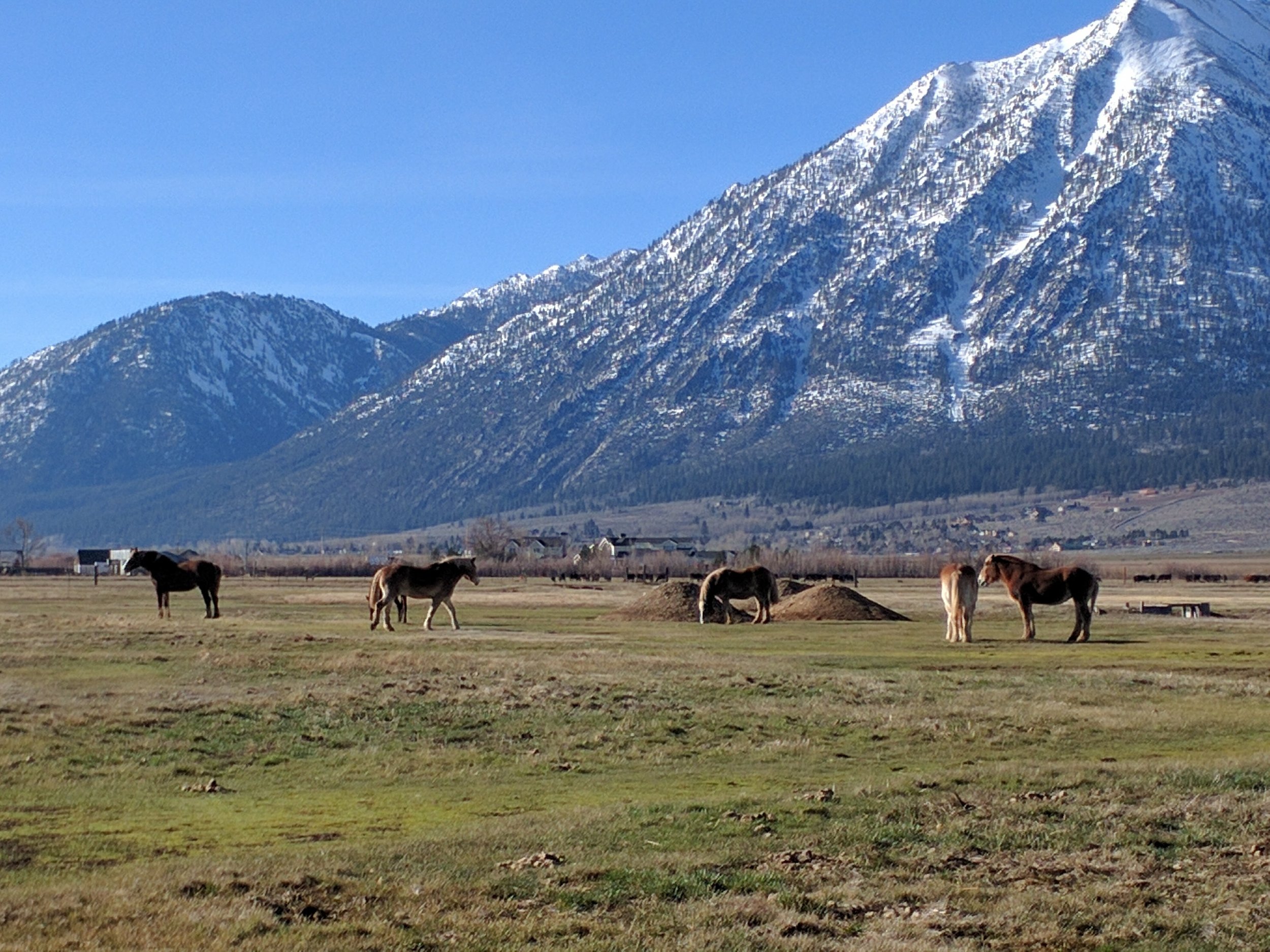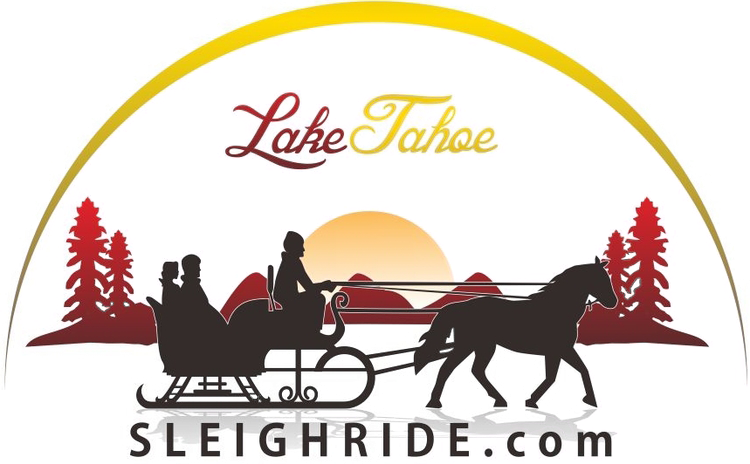
Quality Of Care For Our Animals
In addition to our knowledgeable and professional employees, the animals at the Borges Carriage Rides at Lake Tahoe are specifically trained and well equipped to handle carriage tours in the city. We pride ourselves on the quality of care given to our working animals. With over 12 horses on our family’s ranch, we have an excellent animal care record and take pride in the services provided to the animals, the visitors and community we serve.
No one is more concerned about animal welfare than our company. Here are the answers to some commonly asked questions about our horses, but if you have any other questions – please ask!
Hear more about Animal Concerns & the Borges Family Carriage Rides on this Animal Tales podcast .
FAQ
-
Borges Carriage Rides’ animal welfare program offers a second career to animals that would often end up as another “unwanted horse statistic.” The Borges Carriages’ follows a comprehensive carriage animal welfare program. They have a 100 percent success rate with their heat related animal welfare program, as measured by our veterinarians and the City of South Lake Tahoe.
-
In most cases, yes. Each animal is different, so always ask the driver or staff first before touching an animal.
-
Borges Carriage animals see a veterinarian a minimum of twice a year. More often if an individual horse needs attention. There is also a strict system in place to ensure that each animal is happy & healthy. They are offered teats, water, shade and misters at temperatures over 80 degrees. We do not operate above 90 degrees. Any horse that is showing signs that they are not able to work - stay home.
-
Borges Carriage uses single draft horses on our carriages
-
The Borges Carriage animal’s average workday is six hours, but is limited to eight hours, four days a week.
-
Yes, Borges Carriage animals all spend their evenings and days off on the Borges Family Ranch in Gardnerville, Nevada which is 11 miles away. The company has a truck and trailer that can hold up to 6 animals, and regularly rotates the stock. It is beneficial for the horses to get time and space in a green pasture, but they actually encounter more issues the longer they stay in pasture, than working. The reason for this is the constant care and monitoring they receive in the controlled conditions working, as opposed to the open fields where they have more time on their own.
-
Carriage horses are bred to work in harness, and the exercise keeps them healthy. Horses recognize, respond to, and develop an affection for their drivers, and the visitors that offer signs of affection like petting & offering treats.
-
No, because they wear protective shoes that prevent any pain or injuries to their hooves. The Borges Family design special shoes for our horses that are mentioned on our website.
-
A horse can easily pull a wheeled vehicle that is six times his own weight. However, our vehicles with a full load of visitors are less than two times their weight.
-
25 to 30 years is the average life expectancy. However, many horses have been known to live well into their forties
-
Yes, it’s actually a good thing for horses to sweat. It is a natural cooling process, just as it is with humans. PCW also adds a vitamin E supplement to the animals’ feed to promote sweating and electrolytes to the water they drink to replace necessary elements lost through sweating. Additionally, visitors will notice plenty of fans, gentle mist and umbrellas to keep them cool.
-
Yes, when the temperature exceeds 80 degrees, carriage tours are halted. Additionally, Tahoe Sleigh Ride crew manually check the temperature of each animal before and after every tour. If the animal appears to be in any distress, it is pulled from service. The crew usually drive the same horse, becoming familiar with and take great pride in the individual monitoring, knowledge and care of their animal. There has never been a heat related incident in our over 50 years of business!
-
Borges Carriage animals are given a minimum of 10 minutes to rest and to drink water between each tour.
-
The number of years the animals work depends on the individual animal. Some animals we buy never pull a carriage, while others work for many years.
-
When an animal is retired it is offered a permanent home on the ranch that they have lived in for usually many years. Some horses purchased never get past the training to operate on a carriage are found other home. Finding a good home is the only criteria used when placing retired stock. The Borges Family have saved many rescued draft horses and been able to rehabilitate them into outstanding carriage horses
-
Based on the number of carriage rides offered each year in downtown South Lake Tahoe, the chance of an accident occurring during a ride is less than one in 12,000

